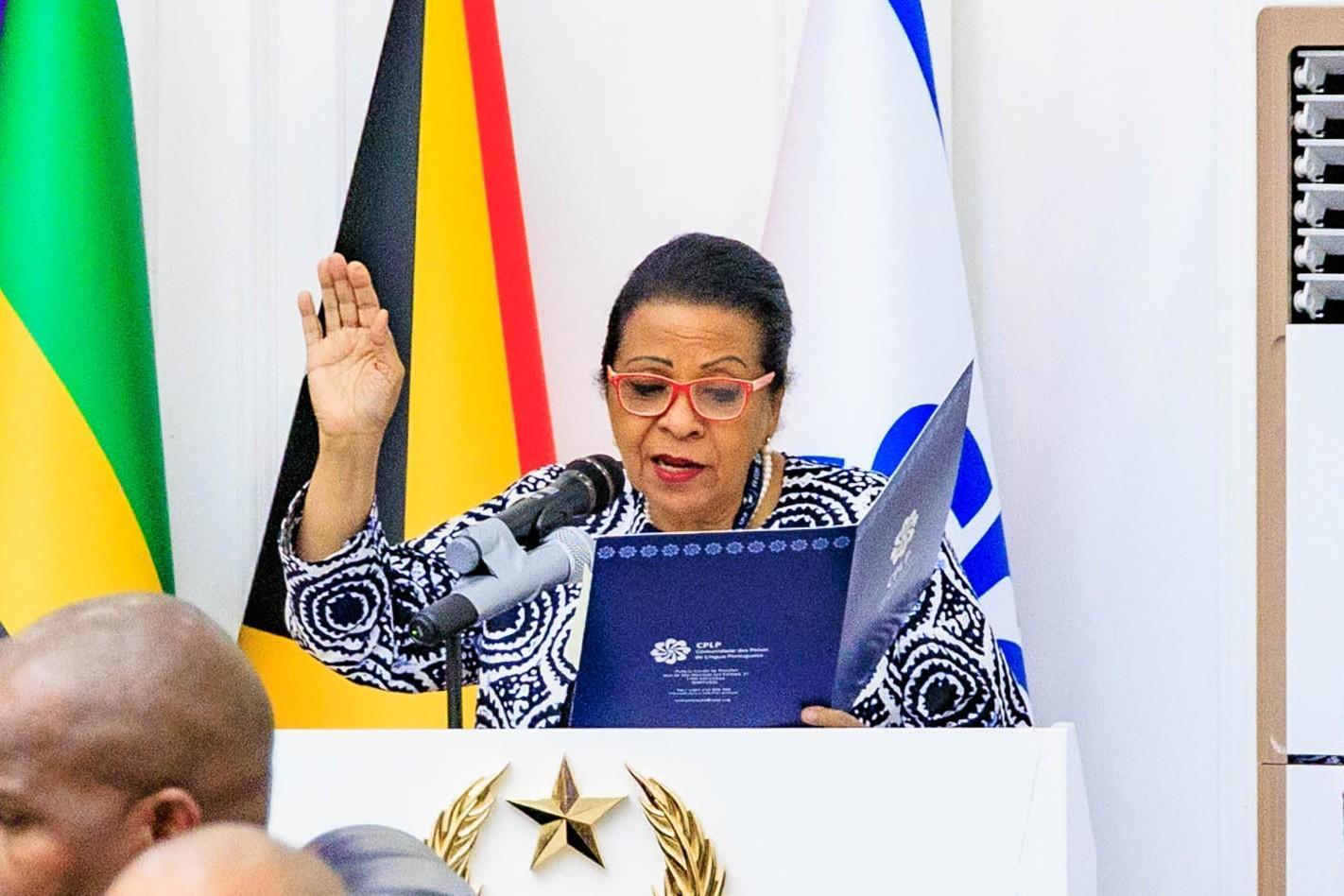Africa-Press – Angola. The Executive Secretary of the Community of Portuguese-Speaking Countries (CPLP), Maria de Fátima Jardim, on Monday in Lisbon, Portugal, highlighted the importance of the linguistic heritage of the organization ́s member states in political integration and coordination.
She made this statement during a keynote lecture at the inaugural session of the Advanced Defence Course, entitled “The Importance of the Community of Portuguese Language Countries (CPLP) as a Factor of Lusophone Integration”.
On the occasion, the official emphasized the centrality of the Portuguese language as an element of identity, cultural and diplomatic cohesion among the nine member states, emphasizing the fact that the organization represents a community of peoples, families, and citizens united by a shared language that extends from the private sphere to the public sphere, from schools to universities, and that strengthens cooperation.
Furthermore, she highlighted the contemporary challenges faced by Portuguese-speaking countries, including food and nutritional security, energy security, the reduction of social inequalities and the strengthening of democratic systems.
She defended the need for a new strategic agenda for the CPLP, based on the motto of “food sovereignty, innovation and digitalization, human development, economic cooperation, and the preservation of international peace and stability.”
According to the Executive Secretary of the Lusophone Community, the CPLP must assert itself as a promoter of dialogue, inclusive citizenship, and sustainable development.
She also stated that the organization’s agenda should favor the internationalization of companies, the attraction of investment in strategic sectors, and the strengthening of political dialogue in defense of democracy, social justice, and the fundamental rights of citizens.
According to her, the CPLP must strengthen its position as a promoter of dialogue, inclusive citizenship and sustainable development.
According to the Executive Secretary of the Lusophone Community, the CPLP must assert itself as a promoter of dialogue, inclusive citizenship, and sustainable development.
She also noted that the organization’s agenda should promote the internationalization of companies, attract investment in strategic sectors, and strengthen political coordination in defence of democracy, social justice, and the fundamental rights of citizens.
Ambassador Maria de Fátima Jardim’s intervention was received with great interest by the participants, who recognized the relevance of the CPLP’s role as a forum for political dialogue, technical cooperation, and the strengthening of the Portuguese-speaking world in the international context.
The Advanced Defence Course of the Community of Portuguese-Speaking Countries (CAD-CPLP) is an initiative of the Superior War College (ESG), of the Brazilian Ministry of Defence, designed to strengthen strategic cooperation and the exchange of knowledge between the member states of the CPLP.
The course is taught entirely through distance learning, the course lasts 60 hours and is aimed at military and civilian personnel, with the purpose of promoting strategic thinking in the field of defence, as well as valuing integration and coordination between Portuguese-speaking countries.
For More News And Analysis About Angola Follow Africa-Press






